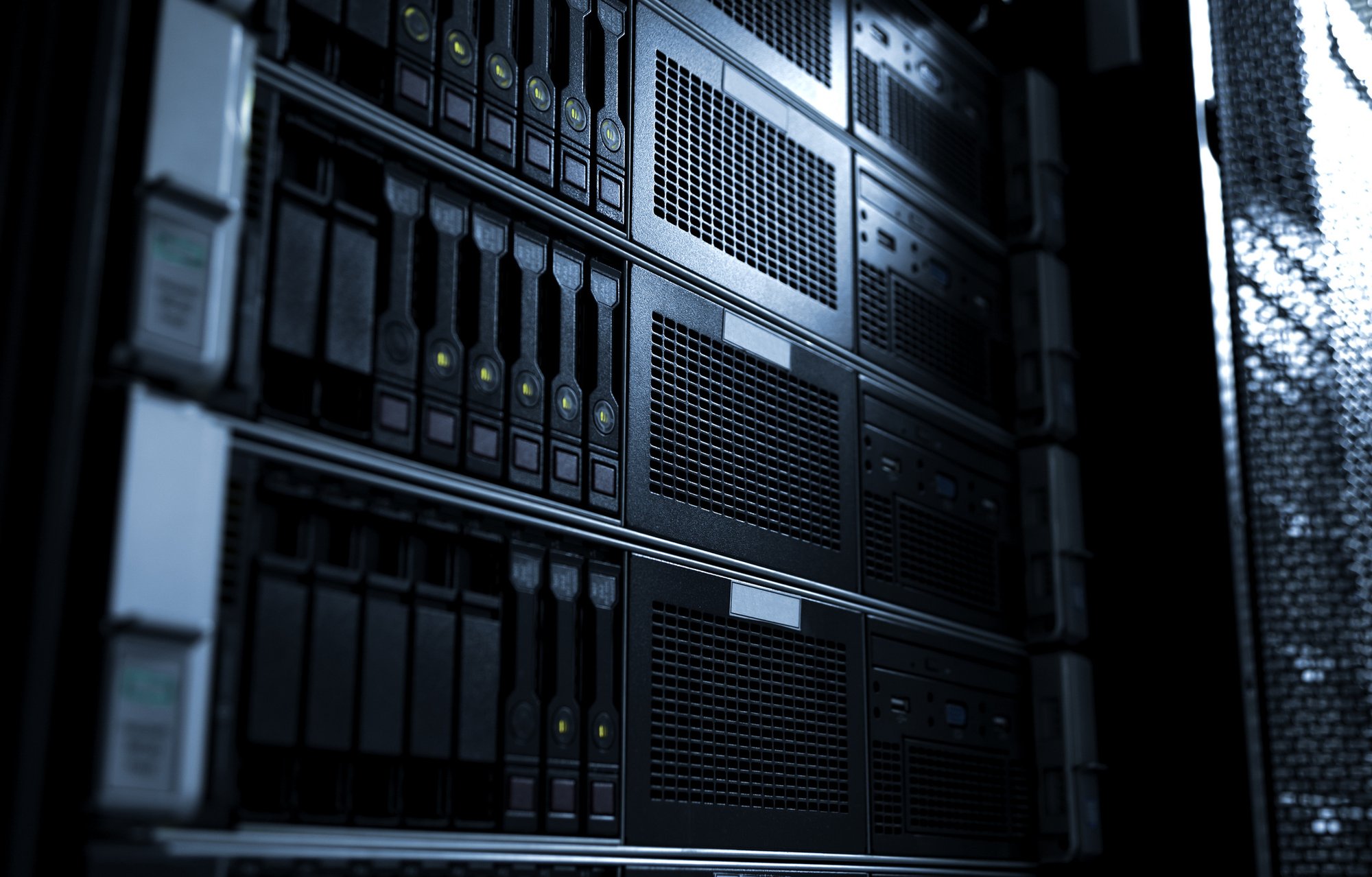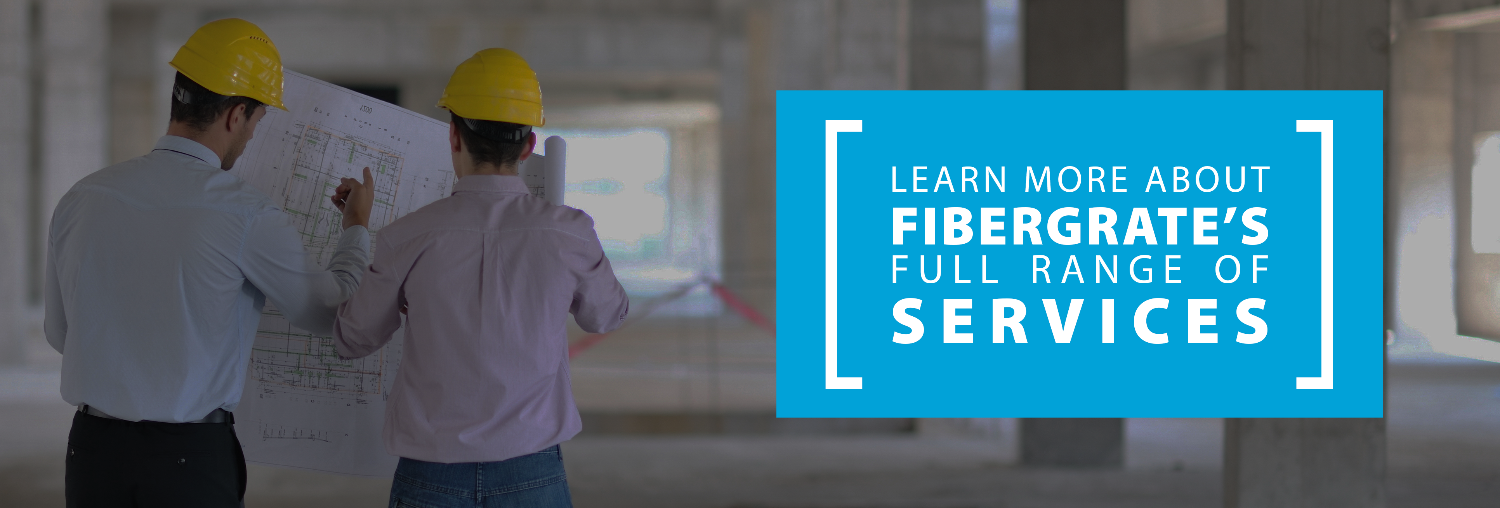Data center server racks house the servers, networking equipment, and other vital components that...
Why Use FRP For Data Center Server Racks?
Data center server racks house the servers, networking equipment, and other vital components that keep our interconnected world running smoothly. The choice of material for these racks is a critical decision, as it directly impacts performance, longevity, and overall efficiency. While steel and aluminum have traditionally been the go-to choices, fiberglass reinforced plastic (FRP) is emerging as a superior alternative. Here, we will cover the compelling reasons why FRP is becoming the preferred material for data center server rack installations.
What Can a Data Center Server Rack Be Made From?
- Steel: The most common material due to its strength and durability, but with notable drawbacks like weight, susceptibility to corrosion, and heat conductivity.
- Aluminum: A lighter option than steel but still prone to corrosion and less robust in terms of load-bearing capacity.
- Composites (such as FRP): An innovative solution that addresses the limitations of traditional materials, offering a combination of strength, durability, and versatility.
Unlocking the Benefits of FRP for Data Center Server Racks
FRP offers a multitude of advantages that make it a compelling choice for data center server racks:
- Corrosion Resistance: Depending on the geographic location, a data center may experience high humidity levels and potential exposure to chemicals, making corrosion resistance a critical factor. FRP's inherent resistance to corrosion ensures a longer lifespan for the racks, reducing the need for frequent replacements and minimizing downtime due to maintenance.
- Lightweight: The lightweight nature of FRP significantly simplifies handling, transportation, and installation of server racks. This translates to reduced labor costs and greater flexibility in rearranging or expanding the data center layout going forward.
- Electrical Insulation: In data centers, electrical safety is paramount. FRP's non-conductive properties provide excellent electrical insulation, minimizing the risk of electrical faults and ensuring a safer environment for both equipment and personnel.
- Customizability: FRP's versatility allows for the creation of customized rack designs tailored to specific data center requirements. Whether it's unique dimensions, cable management solutions, or integrated features, FRP can be engineered to meet precise specifications, optimizing space utilization and airflow.
- High Strength-to-Weight Ratio: Do not let its lightweight nature fool you; FRP boasts an impressive strength-to-weight ratio. It provides the structural integrity needed to support heavy servers and equipment without adding unnecessary bulk.
- Thermal Insulation: FRP's thermal insulation properties contribute to a more stable temperature environment within the data center. This can help reduce the strain on cooling systems, leading to potential energy savings and lower operating costs.
- Reduced Maintenance: Thanks to its resistance to corrosion and other environmental factors, FRP requires minimal maintenance compared to metal racks. This means less downtime for repairs and replacements, resulting in greater operational efficiency and cost savings.
- Non-Magnetic Properties: FRP does not interfere with magnetic fields, making it a valuable asset in data centers where sensitive electronic equipment is susceptible to electromagnetic interference (EMI).
- Durability: FRP's resilience to wear, tear, and impact ensures that the racks can withstand the rigors of a busy data center environment, contributing to their longevity and reliability.

Data center server rack
Navigating Potential Challenges with FRP Data Center Server Racks
While FRP offers numerous advantages, it is important to acknowledge a couple of potential considerations:
- Upfront Cost: FRP materials may have a higher upfront cost compared to traditional materials like steel. However, you should evaluate the total cost of ownership, factoring in transportation, installation, maintenance, and the extended lifespan of FRP racks, which can often result in significant long-term savings. To learn more, check out our infographic on the hidden costs of steel.
- Specific Strength Requirements: While FRP boasts an excellent strength-to-weight ratio and impact resistance, there might be specific applications where the absolute strength of steel is necessary. Consult with FRP experts to determine the appropriate material choice based on the specific load requirements of your data center.
Partner with Fibergrate for Your Data Center Rack Needs
If you are considering FRP for your data center server racks, partnering with an experienced provider like Fibergrate can ensure a smooth and successful transition. Our team of experts can guide you through the selection process, helping you choose the right FRP products and configurations to meet your specific needs.
Explore Fibergrate’s wide range of high-performance FRP solutions, designed to optimize your data center infrastructure and enhance its overall efficiency and reliability.
Topics: FRP, Non-Conductive, Data Center


